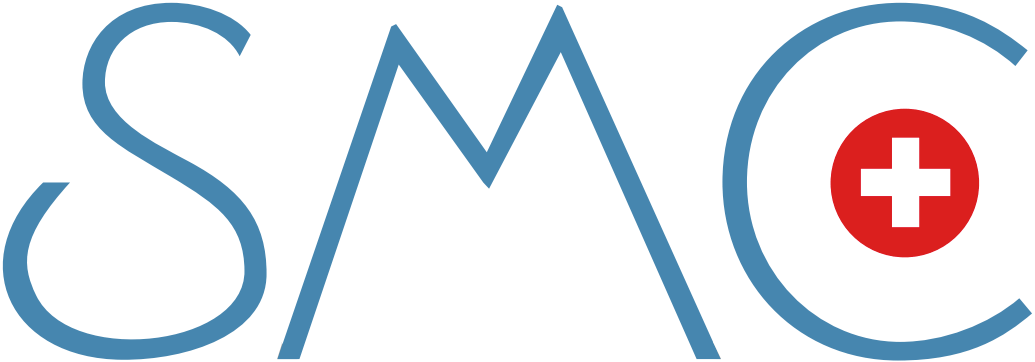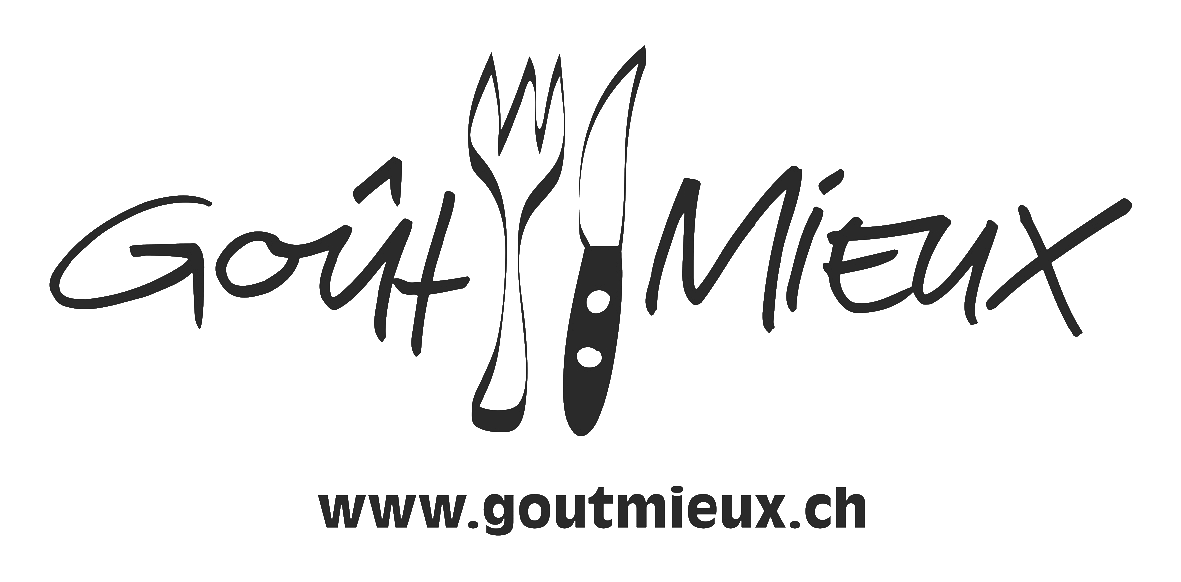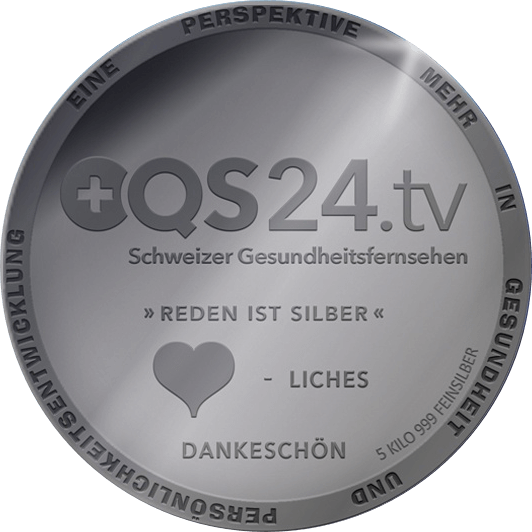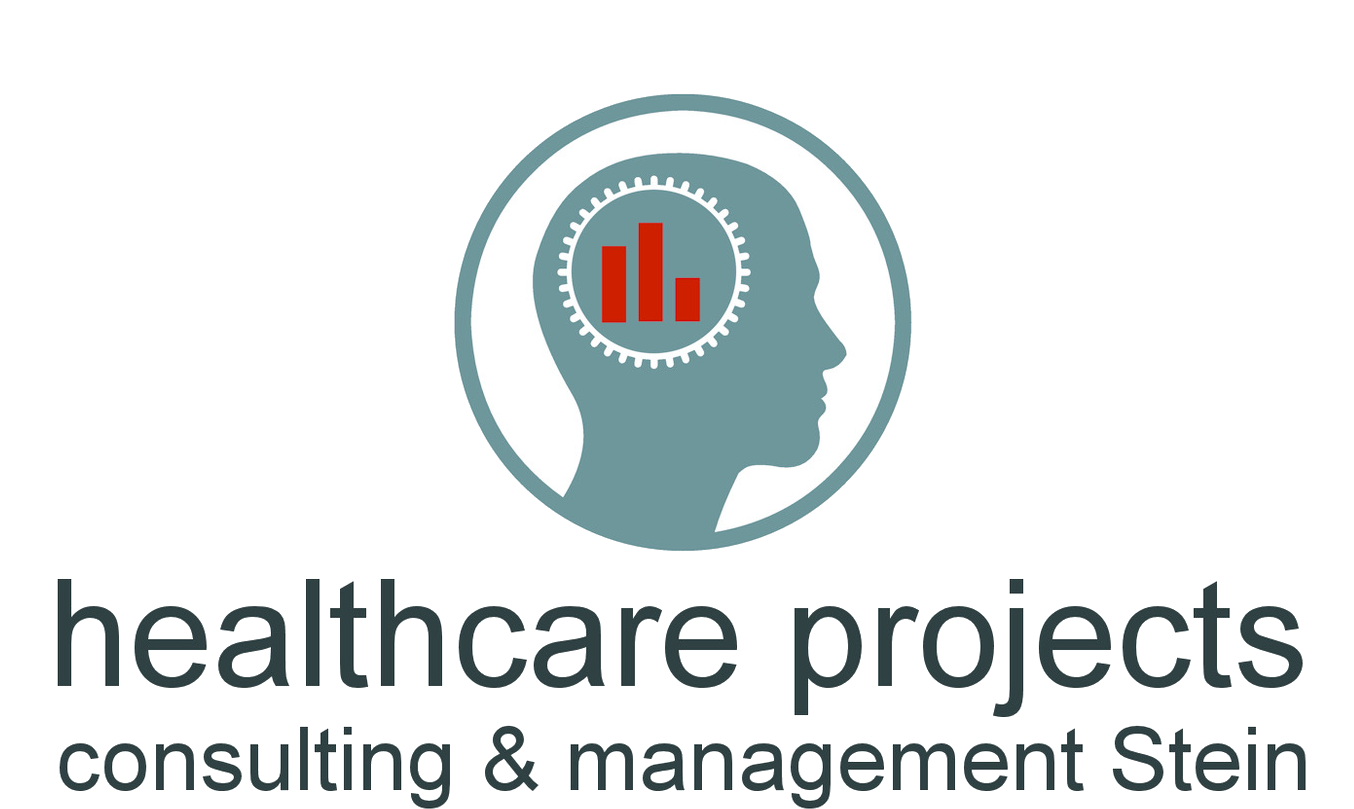Colon Hydrotherapy
The biological treatment of inner diseases always aims at retuning and regenerating the functional systems as well as to lead to detoxification and provide relief to tissues and the whole body. The colon hydrotherapy is the most intensive of all excretory, retuning and detoxification therapies. It is comparable with the traditional cleansing enemas, exceeds these however by far in intensity as with the modern colon hydrotherapy, a treatment of the entire large intestine is possible if a professional massage is carried out at the same time.
With this method of colon treatment, we are in the position to have a positive influence on the so called dysbiosis, which is the disturbance of the natural partnership between humans and its intestinal bacterial flora. We consider it important to strengthen and develop the cohabitation using bacterial preparations that can be administered orally or rectally and which consequently optimise the whole milieu in the large intestine.
Through sterilised and denatured food, incorrect nutrition and a poor lifestyle, environmental impacts, toxic substances of medicines (e.g. antibiotics) or psychic burden such as stress, the equilibrium of bacteria is disturbed. In particular, the ever more frequent use of antibiotics acts very negatively in this direction. The detoxification of the body's tissues is then no longer correctly ensured, it comes to a slagging of the intermediate cell tissues, thickening and accumulation of protein in the lymph and thereby, to a decreased oxygen supply of the body's tissues. The intestine is, in addition, the most important organ of the immune system (80% of the lymph system is in the walls of the thin and large intestines, in the form of Peyer's plaques). Thus, with intestinal inertia and the wrong intestinal flora, the defence forces weaken. The intestinal mucosa is the demarcating surface between the inner part of intestine and the outer part. Its intactness is a basic requirement for maintaining good health.
Loss of vitality, tiredness, depression, lack of concentration, aggressiveness and negative psychological conditions can be the result. Illnesses, such as inclination to infections, constipation, respiratory problems and sleep disturbances are also the result. Chronic inflammations, such as rheumatism, poly-arthritis, skin inflammations, psoriasis and acne are some other consequences. Circulation disturbances like high blood pressure, migraines and other cardiovascular problems are the indirect subsequent results.
The majority of allergies are assigned to the non-functioning of the intestines, since the intestine, with its over 300 m2 surface, is the largest mucous membrane surface of humans. Thus, most poison materials which the intestines take up, pass through the intestines and again are expelled through the intestines. The liver, kidney, lymph, lungs and skin surface follow only in second place, as organs of detoxification.
Stress, whether it is psychological or physical, affects the muscle tension of the intestines, leads to cramping and can cause inflammatory changes of the intestinal mucosa, up to ulcerative colitis (colitis ulcerosa).
Functions of the large intestine
The task of the large intestine is, above all, absorption of water, minerals and vitamins. Another function is, as described above, the elimination of toxic material. In most cases, it is the intestinal bacteria, which line the whole large intestine like a fine film, that make the distinction of what the intestines should eliminate and what they should absorb. The large intestine is populated with several billion coli-bacteria and other bacteria, which synthesize vitamins, e.g. biotin, folic acid, nicotine acid and vitamin K. In addition, they prevent the penetration of toxic material and, above all, destroy foreign or disease-causing bacteria. The functional intestinal flora is irreplaceable for the absorption of vitally necessary amino acids, fatty acids and trace elements.
Nutrition
The prerequisite for a functional intestinal flora is healthy nutrition. One should aim at a balanced, regular diet of whole, natural foods: many fresh seasonal fruits and vegetables, leguminous plants and whole grains. Eat meat only 1-2 times a week (from cow or sheep), additionally fish 1-2 times a week (salmon, mackerel– rich with omega fatty acids). Animal proteins should be avoided since they lead to increased rotting bacteria settling the large intestine, which in turn leads to an increased inclination to inflammation of the intestinal villi, rotting gases and badly smelling flatulence. Also, the consumption of too much carbohydrates such as sugar and sugary meals, as well as white wheat flour products should be reduced if possible, since this leads to an overproduction of mucilage of the organism and over acidifies.
How does the colon hydrotherapy function?
Contrary to normal enemas, the entire large intestine is treated. Over an intestinal tube, filtered water is introduced into the rectum. In a closed system, the water and dissolved intestinal contents are led out again by a discharge hose. This occurs with a low intake pressure and accompanying massage of the lower abdomen, so that the treatment is very pleasant. The temperature of water is adapted to the patient.
The colon hydrotherapy expels, in an effective way, accumulated, stagnated stool and rotted material of the walls of the intestines. The functional surface of the intestines is thus considerably increased which thereby improves its effectiveness in detoxification.
During the treatment, which takes 30-50 minutes, the patient remains relaxed on the couch. With the gentle massage of the lower abdomen, the therapist seeks remaining problem zones.
Through this strong vegetative stimulus, the intestines begin to work again and peristalsis is promoted. In this way, colon hydrotherapy has an effect on the stool regulation and vegetative nervous system, extending far over the treatment cycle. The system is a closed one and the treatment is completely clean.
Directly after the therapy, it is advisable, to get seated on the WC for a few minutes, as well as to walk up and down several times, in order to promote the complete emptying of the intestines. After the treatment, drink plenty of water, tea or bouillon since the colon hydrotherapy extracts a lot of water from the body.




